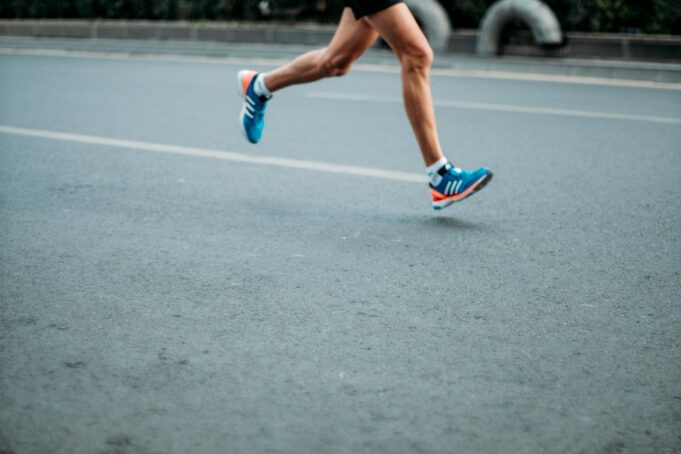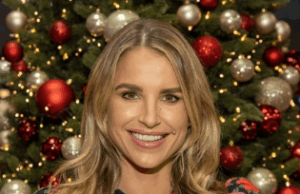Training for a marathon involves more than just logging miles on the pavement; it requires a strategic nutrition plan to fuel your body and optimize performance. According to Dr. Krutika Nanavati, a Registered Nutritionist and Dietician with extensive experience in endurance sports nutrition, effective marathon preparation is about building consistency in your diet rather than relying on quick fixes like carbo-loading the night before the race.
Dr. Nanavati emphasizes that a smart marathon nutrition plan begins well before race day—ideally 3 to 4 weeks in advance. This approach allows runners to experiment with foods, determine what works best for their bodies, and avoid any surprises during the race. Below, we’ll break down key dietary strategies and a pre-marathon nutrition plan, including tips for post-race recovery.
The Weeks Leading Up to the Marathon
One common mistake Dr. Nanavati encounters is runners failing to train their bodies to fuel effectively. Many rely too heavily on carbohydrate loading the night before the race, which can lead to digestive discomfort and won’t fully replenish glycogen stores if insufficient fueling has occurred during training. Instead, she recommends gradually increasing carbohydrate consumption over several days leading up to the marathon, while still maintaining a balanced intake of proteins and healthy fats.
For example, 3 days before the marathon, she suggests a diet rich in whole grains, lean proteins, and hydrating foods. A sample day could include rolled oats with banana and chia seeds for breakfast, brown rice and grilled chicken for lunch, and a quinoa bowl with roasted sweet potato and black beans for dinner. Snacks like almonds, oranges, yogurt with berries, and plenty of water or coconut water help sustain energy levels and hydration.
The Day Before the Marathon
The focus shifts slightly the day before the race to ensure meals are lighter and easy on the stomach. Easily digestible, low-fiber carbs become the priority. A typical pre-race day menu might include white toast with honey and a banana for breakfast, rice cakes with almond butter for a snack, and steamed rice with boiled eggs and sautéed spinach for dinner. Staying well-hydrated with electrolyte-rich fluids is crucial, and runners should avoid introducing any new foods that their body hasn’t already adjusted to during training.
Race Day Nutrition
On the morning of the race, fueling begins early with a simple, familiar meal. Dr. Nanavati advises eating a snack like oats with honey and a small banana two hours before the start. During the marathon, hydration and energy management are key. She suggests sipping an electrolyte drink every 15 to 20 minutes and consuming an energy gel at the halfway point—both of which should be tested during training to avoid gastrointestinal issues.
Post-Race Recovery
Once the race is completed, recovery becomes the priority. Within 30 to 60 minutes, runners should consume a combination of carbohydrates and protein, such as a banana paired with a whey protein shake or chocolate milk. A more substantial meal later in the day could include grilled salmon or lentils with roasted sweet potatoes and a green salad. To replenish electrolytes, Dr. Nanavati also recommends hydrating with broth-based soups and water with added salt and lemon.
Real-Life Success Stories
Dr. Nanavati’s expertise has helped runners of all levels achieve their marathon goals. One client, a 42-year-old first-time marathoner, struggled with energy crashes midway through his long runs. Dr. Nanavati identified low glycogen storage and poor protein timing as issues. By tweaking his carbohydrate intake three days prior to long runs and optimizing his recovery meals, he was able to complete the marathon feeling strong and with minimal post-race soreness.
For a vegan client experiencing fatigue and stomach cramps, Dr. Nanavati adjusted her plan to include more low-fiber, easily digestible carbs the day before runs and magnesium-rich foods like pumpkin seeds. These changes eliminated her symptoms, allowing her to feel energized and confident on race day.
A Roadmap for All Runners
Proper marathon nutrition isn’t a one-size-fits-all approach. It requires fine-tuning to match individual needs, dietary preferences, and training schedules. By focusing on consistent fueling, experimenting with foods in advance, and prioritizing recovery, runners can set themselves up for success. Whether you’re preparing for your first marathon or aiming to improve your performance, a well-thought-out nutrition plan can make all the difference on race day.













